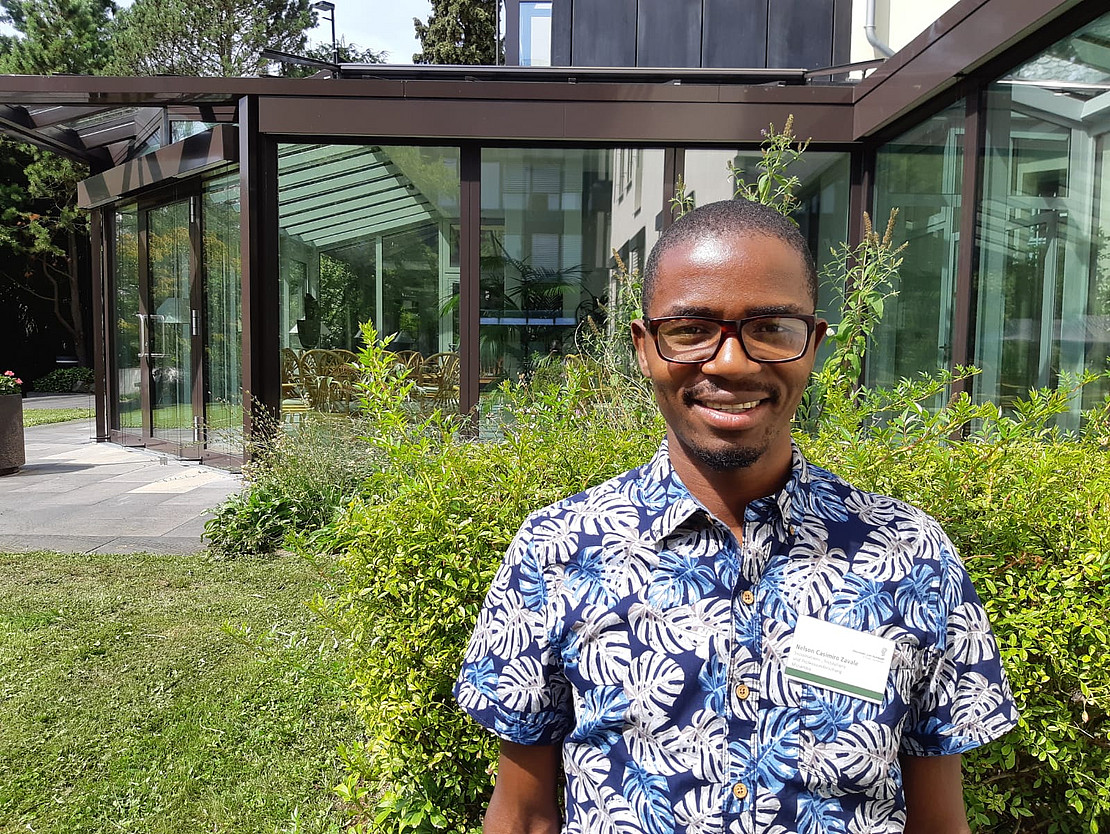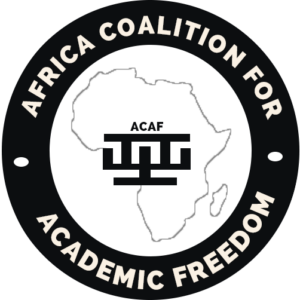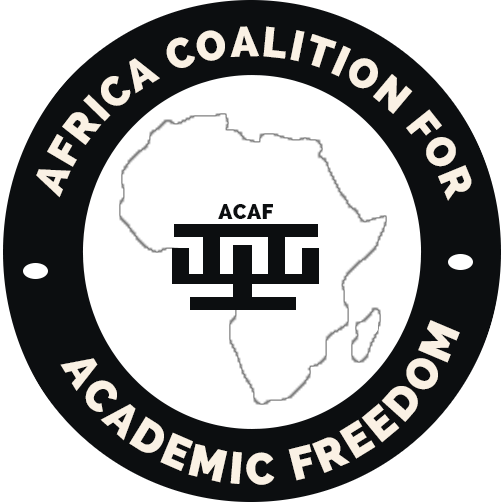ACAF is pleased to announce the three research teams selected for funding under its project titled “Postulating a Relative Universalist African Perspective of Academic Freedom”, supported by the Open Society Foundations (OSF) and the Institute of International Education (IIE).
These teams were selected through a competitive process and will contribute to advancing knowledge on academic freedom in Africa by working on the assigned thematic areas;

Team Zavale is led by Prof Nelson Casimiro Zavale from the Eduardo Mondlane University (UEM). The team’s proposal titled “Academic freedom in Africa’s colonial university system in Lusophone and Anglophone Africa: the case of Mozambique and South Africa”, won the award under sub-theme 1: Identifying Rudimentary Elements of Academic Freedom in Africa’s Premodern University System. This sub-theme focuses on reviewing, exploring, and identifying rudimentary elements of academic freedom as they may have existed in Africa’s premodern university systems. It also seeks to examine how these early understandings informed or influenced the purpose and structure of formal academic institutions on the continent.

Team Fernandes is led by Carlos Fernandes from Maputo Mozambique. The team’s proposal titled “Academic Freedom in Portuguese-Speaking African Countries (PALOPs) from Independence to the Present”, won the award under sub-theme 2: Developing Scorecards to Measure Academic Freedom in Africa’s Colonial University System. This sub-theme focuses on developing scorecards that capture how academic freedom was structured, constrained, or supported within Africa’s colonial university systems, with a particular emphasis on Portuguese-speaking countries.
 Team Kabumba is led by Dr. Busingye Kabumba from Human Rights and Peace Centre (HURIPEC), Makerere University, Uganda. The team’s proposal titled “Normative Gaps in African Documents on Academic Freedom” won the award under sub-theme 3: Identifying Gaps in African Documents on Academic Freedom. This sub-theme involves a comprehensive review of African charters, declarations, and frameworks related to academic freedom, with the goal of identifying gaps, inconsistencies, and areas for improvement. The aim is to inform the development of a more coherent and contextually grounded African perspective on academic freedom.
Team Kabumba is led by Dr. Busingye Kabumba from Human Rights and Peace Centre (HURIPEC), Makerere University, Uganda. The team’s proposal titled “Normative Gaps in African Documents on Academic Freedom” won the award under sub-theme 3: Identifying Gaps in African Documents on Academic Freedom. This sub-theme involves a comprehensive review of African charters, declarations, and frameworks related to academic freedom, with the goal of identifying gaps, inconsistencies, and areas for improvement. The aim is to inform the development of a more coherent and contextually grounded African perspective on academic freedom.
We extend our warm congratulations to all three teams and look forward to the critical insights and fresh perspectives their work will bring to this growing body of knowledge.


